Selecting good car tyres is a smart decision because they are the contact point with the road. Mr Reynolds said it follows that one cannot fit off-road/ performance tyres on a sedan car mostly used in traffic, or hot/wet tyres in cold conditions. Tyres can be a car, a van or a 4×4, and will each contain different treads in the tyre to give the best grip in the different seasons.
Choosing a tyre can also be very difficult given the fact that there are many different types of car tyres out there in the market, but when you assess the specific needs of a car and the environment that the car operates in, you can probably make a good decision. Here is the detailed information that would assist in determining which tyre is suitable for which climate, vehicle type or purpose.
Winter Tyres
Winter tyres are designed specifically for cold weather conditions, particularly when temperatures drop below seven degrees Celsius. They feature a higher natural rubber content to maintain flexibility in the cold, providing excellent grip. The unique tread design, with shoulder blocks and multiple grooves and sipes, enhances traction on snow, ice, and wet surfaces.
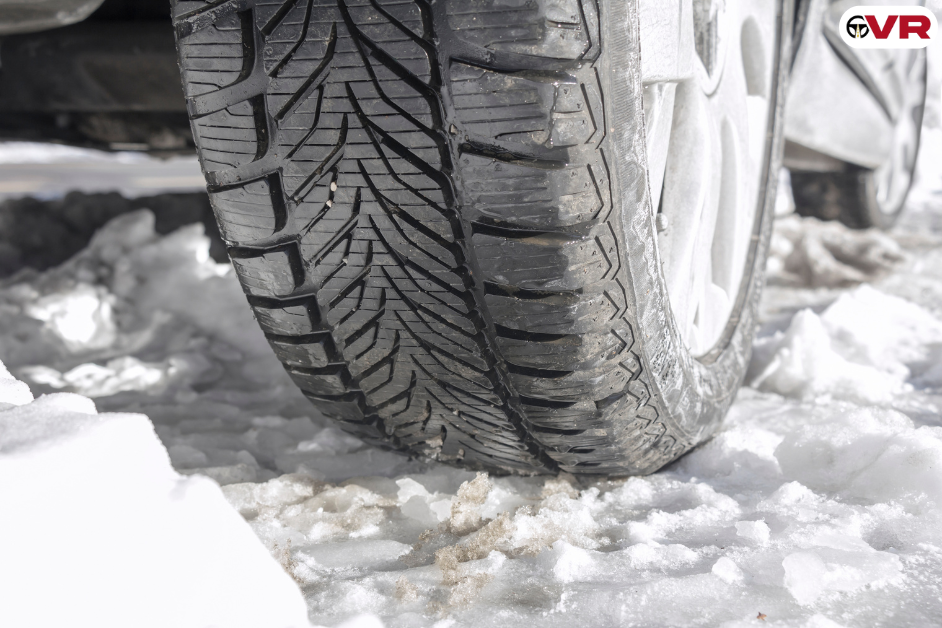
In some cases, winter tyres come with studs for extra stability on snowy and icy roads. These tyres also minimize the risk of aquaplaning by effectively handling water and slush.
However, winter tyres are not suitable for summer use. Their softer compound wears out quickly on dry roads, increases fuel consumption, and generates more road noise. Understanding the different types of car tyres in India can help you choose the best option for your driving needs and conditions.
Summer Tyres
Summer tyres are built to be used on a variety of roads and in high temperatures due to the compound used for their rubber material. This makes them very advantageous to the car as they have a firm grip on the road.
These tyres have a lesser number of grooves on the outside, which increases the contact area, enhancing road grip and braking. They also feature low rolling resistance, better fuel economy, and lower road noise compared to other tyre models.

However, summer tyres are inadmissible in bad weather conditions, such as winter in many countries. When temperatures fall below 7 degrees Celsius, the rubber toughens, making them suitable only for limited usage. The tread pattern cannot grip snow or ice.
All Season Tyres
All-season tyres are a bit like the middle ground between summer and winter tyres, so they are usable throughout the year. Nonetheless, they do not provide performance as excellent as summer or winter tyres meant for use in severe conditions.
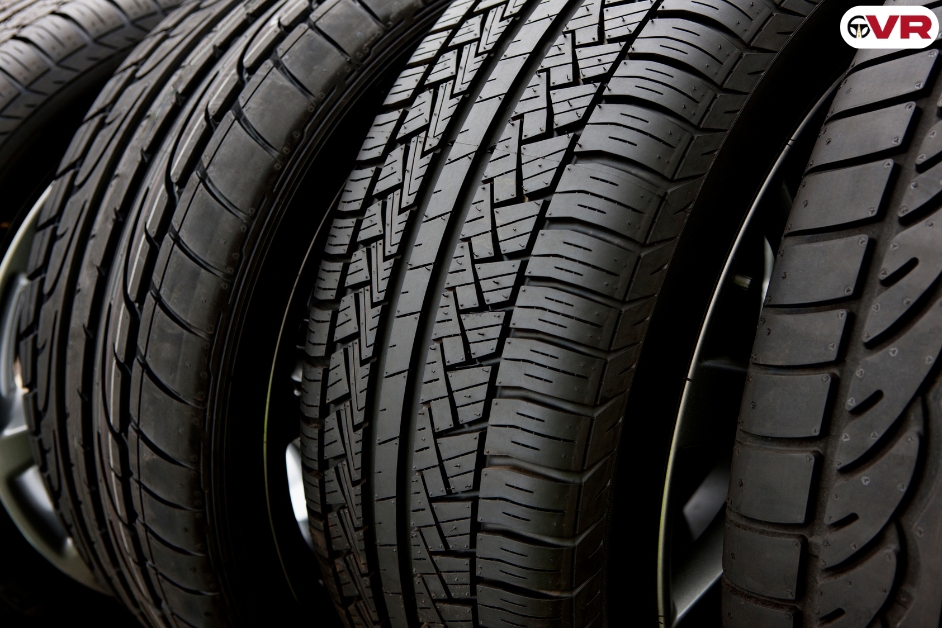
These tyres have a unique compound and tread pattern that gives you grip in winter, summer, and on wet pavement. One advantage of studless tyres is that there is no need to change them every six months, making them perfect for environments with less severe weather conditions.
If you mostly drive to your workplace and do not encounter bad roads or heavy snow cover, all-season tyres will do just fine. However, for specific advice, it is recommended to consult your local tyre dealer.
Run Flat Tyre
Run-flat tyres are a major advancement in the automotive industry, offering a safe solution during a puncture or sudden loss of pressure. Thanks to their strong and reinforced sidewalls, run-flat tyres allow you to drive up to 50 miles (80 kilometres) even when punctured. This means you can reach home or a nearby garage without needing to change the tyre on the spot.
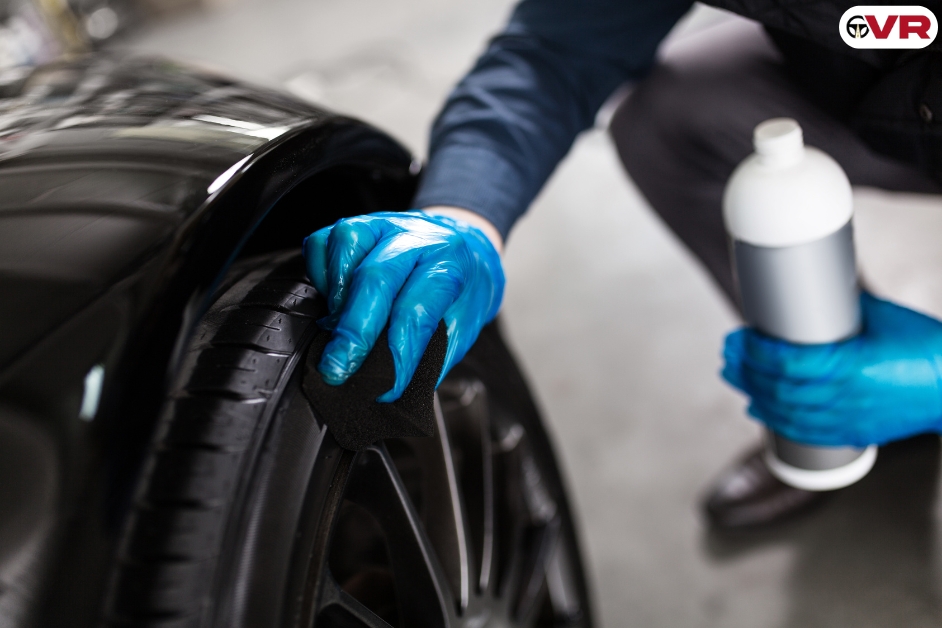
However, keep in mind that run-flat tyres cannot be repaired and must be replaced after a puncture. They eliminate the need for a spare tyre or repair kit, ensuring safety and convenience on the road. For more information, consult your local tyre dealer.
Energy Saving Tyres
Eco-friendly, fuel-efficient or energy-saving tyres are types of car tyres which have been developed and manufactured in a manner that can help save fuel. They do this by incorporating appropriate standard and styles that provides minimal rolling resistance meaning that the tyres will have to spend minimal energy before they can cover a certain distance on the road.
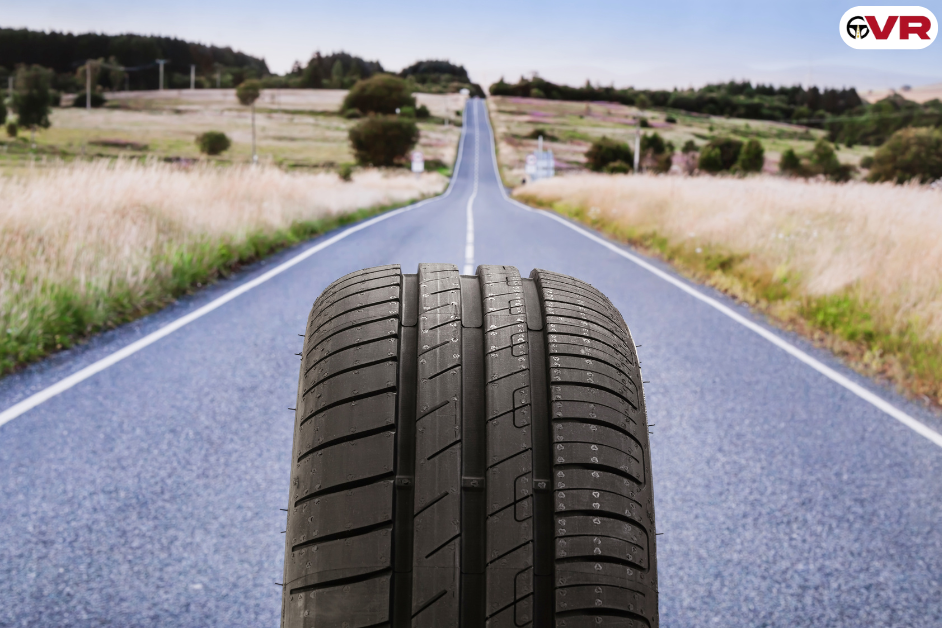
Thus, the fuel consumption in turn decreases since the engine does not require the same amount of energy to ignite the air-fuel mixture. These tyres are fuel efficient which makes them a perfect ideal for those motorists who want to make a positive contribution to the environment. VR Garage, a leading Auto garage software and Android App, streamlines the entire repair process, from appointment scheduling to invoicing, making operations more efficient and boosting productivity. Explore now!
High-Performance Tyres
High-performance tyres are special tyres that provide enhanced road-holding abilities, wear resistance, and adhesion in demanding road conditions, specifically at high speeds. They are available in a softer rubber compound and have stiffer sidewalls, which help provide safer traction and cornering.
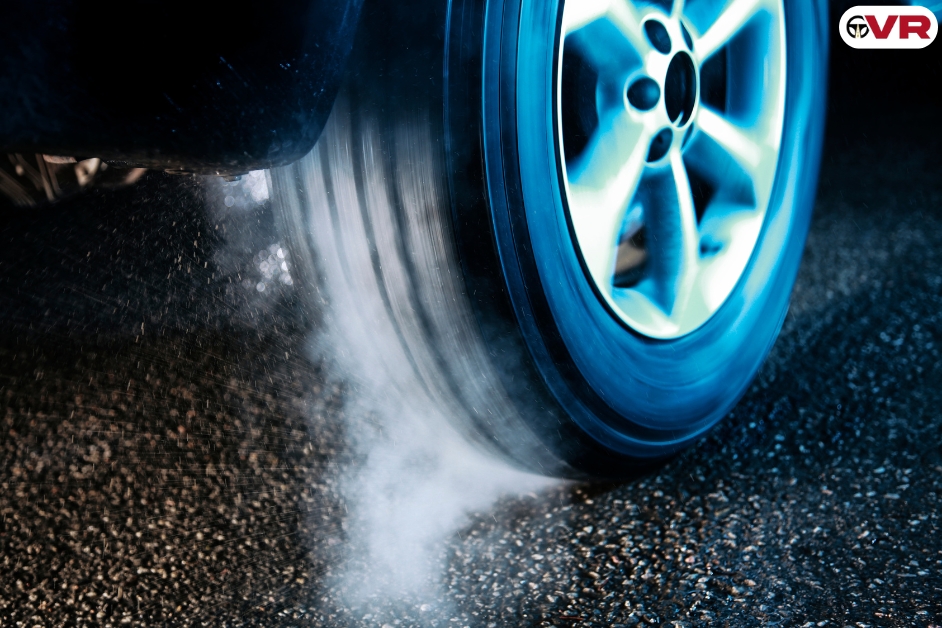
These tyres also feature a lower tread profile, resulting in reduced rolling resistance. Designed for today’s dynamic drivers, these tyres ensure high performance, shorter braking distances, and accurate handling, while also enhancing the sporty characteristics and speed display of a vehicle.
High-performance tyres are ideal for anyone looking to upgrade their car to experience the best in drive and handling.
Off Road/Mud Tyres
Off-road tyres are meant for the most rigorous applications in challenging areas for your automobiles. If you intend to go off-road for more than 80% of the time, then these tyres make the most sense. They have wide contact patches with deep lugs that dwell with ease in mud, gravel, and dirt, thus offering good traction.
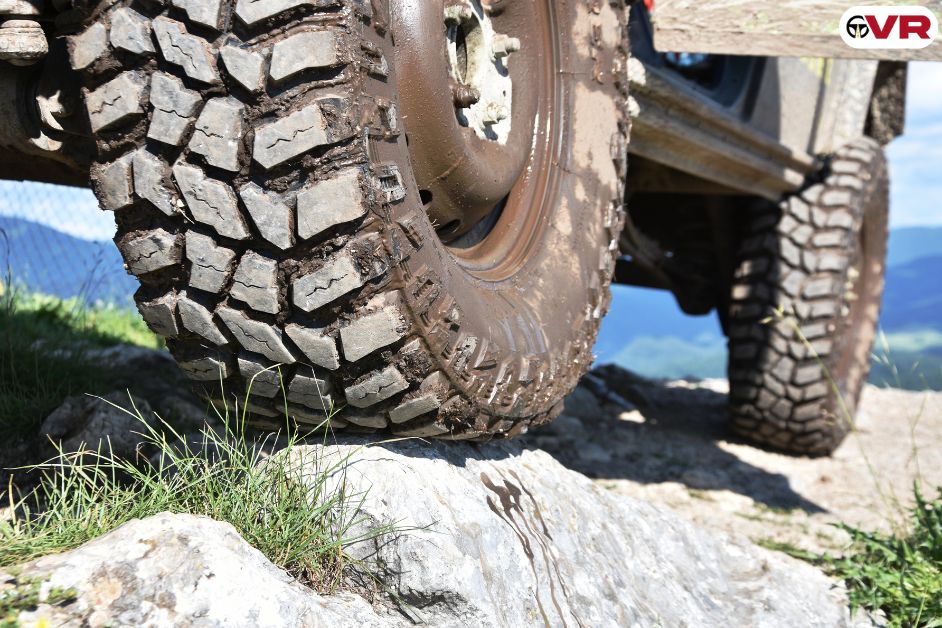
However, they are not suitable for smooth surfaces. They have a very short working life on rolls and create very high noise and vibrations.
All-terrain tyres may be good all-around tyres. Mud tyres, on the other hand, perform very well on muddy and slippery surfaces but are not very good on normal roads. The raised and aggressive tread design of these general-use tyres provides adequate grip on soft ground, which comes in handy when you are taking an adventurous off-road trip.
In addition, messing around with a car is all about having the proper equipment. For dedicated off-roaders, mud tyres are simply mandatory.
Conclusion
Therefore, when choosing between different tyres, it is important to ensure your car performs optimally and is safe on the road.
Studless snow winter tyres are ideal when the weather is extremely cold, while summer tyres are designed for warm weather.
Known sizes include all-season tyres for moderately cold climates and mud tyres for off-road use.
There are run-flat tyres which offer convenience during punctures, energy-saving tyres that help save fuel, and high-performance tyres that offer the best handling.
Knowing the advantages and disadvantages of each tyre helps in making sound decisions. Think of how you drive and where you live, and when discussing different types of car tyres in India with your local dealer, he/she can recommend the best options for any type of weather.








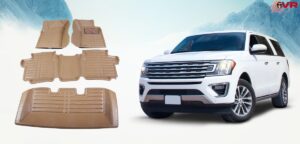
Leave a Reply